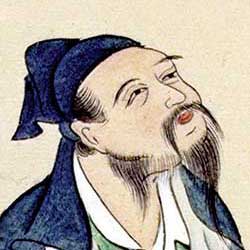 |
Name | Li Bai |
| Date | 701–762 | |
| Lost | After the An Lushan Rebellion in 755, the Chinese poet Li Bai joined the court of Prince Lin, the emperor’s son, who planned his own breakaway government. Lin was soon executed, and Li was arrested and banished to the far southwest. | |
| Found | Permitted to travel in order to visit friends, Li spent the last years of his life wandering the Yangtze River valley in poor health, composing poetry about his longing for a home. “We were scattered like stars or rain,” he wrote, “so far away over the waters.” | |
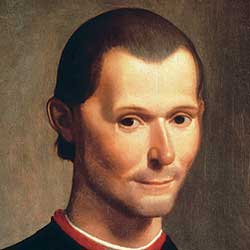 |
Name | Niccolò Machiavelli |
| Date | 1469–1527 | |
| Lost | Machiavelli lost favor with his onetime patrons the Medicis after his name appeared on a list of conspirators against the family. Tortured, imprisoned, and forced into exile, he retired to a family property outside the Florentine borders. | |
| Found | Machiavelli dedicated The Prince to Lorenzo de’ Medici in a failed attempt to win back his favor. Later Lorenzo’s successor employed Machiavelli to look into a bankruptcy case. By the end of his life, Machiavelli was receiving a stipend from the public funds of Florence. | |
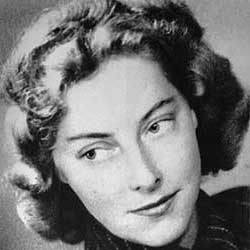 |
Name | Marie Vassiltchikov |
| Dates | 1917–1978 | |
| Lost | In 1940 Vassiltchikov, a Russian princess in exile, secured a stateless person’s work permit in Berlin, where she joined the anti-Nazi resistance. After a failed plot to assassinate Hitler, she fled to Vienna. By the end of the war, she was scavenging for food outside a concentration camp. | |
| Found | After the Allied victory, Vassiltchikov married a U.S. Army captain and lived with him in Paris until his death. She then moved to London and spent the rest of her life editing her wartime diaries, which were posthumously published in 1985. | |
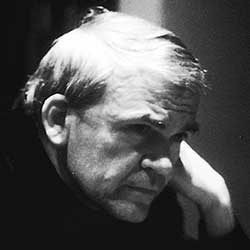 |
Name | Milan Kundera |
| Date | 1929– | |
| Lost | After Kundera’s peripheral involvement in the 1968 Prague Spring, he was forced to resign from his teaching job. In 1975 he went to France for a short-term position at the University of Rennes, and while he was there the Czechoslovak Socialist Republic stripped him of his citizenship. | |
| Found | “My stay in France is final,” Kundera has said of his French citizenship, which he received in 1981, “and therefore I am not an émigré.” In 2019 an ambassador presented Kundera with a Czech passport. The author reportedly said thank you and gave no other comment. | |
 |
Name | Isabel Allende |
| Date | 1942– | |
| Lost | A relative of the deposed Chilean president Salvador Allende, the writer has remarked that Augusto Pinochet’s 1973 military coup “split my life in half with the blow of a hatchet.” After finding herself blacklisted by the military, she fled to Venezuela. | |
| Found | During her thirteen years in Venezuela, Allende worked odd jobs and ended up in school administration before writing her first novel, The House of the Spirits. She married an American lawyer and attained U.S. citizenship in 1992. | |
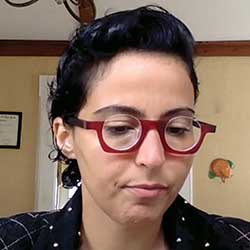 |
Name | Mona Kareem |
| Date | 1987– | |
| Lost | A member of the stateless people in Kuwait known as Bedoon (from the Arabic for “without nationality”), Kareem was accepted to an American doctoral program in 2011 and had to travel under a special alien passport listing her nationality as “nonidentified.” | |
| Found | In 2015 Kareem became a U.S. legal resident, and three years later she finished her PhD at SUNY Binghamton. “Only literature supported and helped me to discover that I am a combination of those identities,” she said in 2020. “I am a Bedoon, a refugee, and an Arab.” | |
